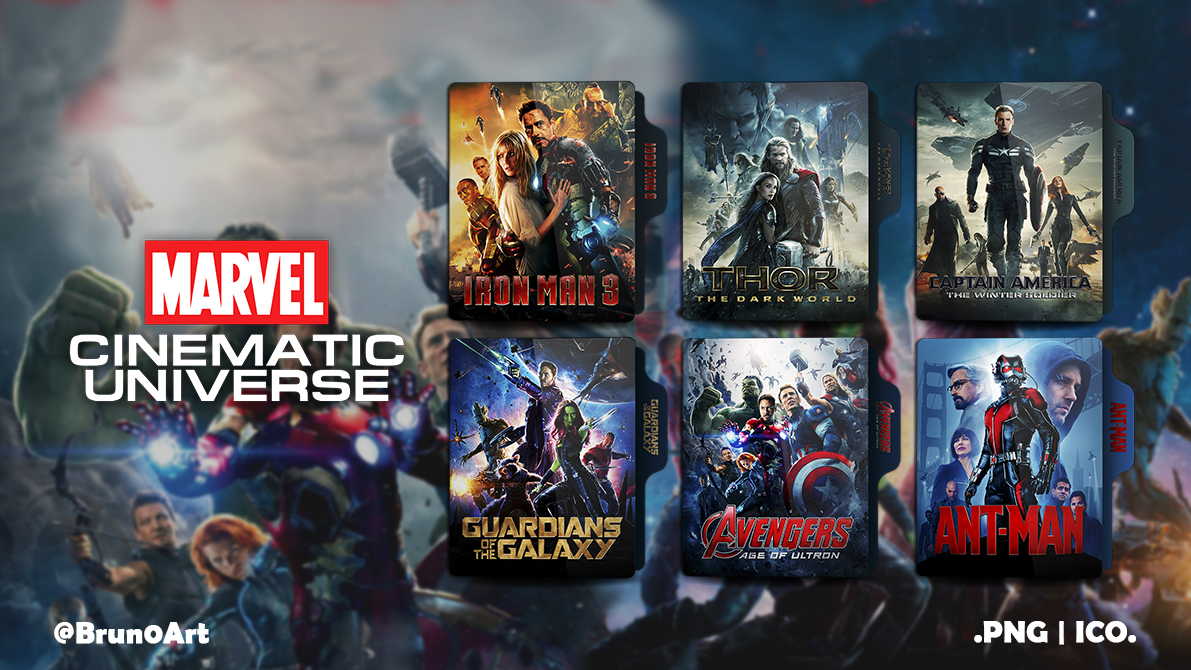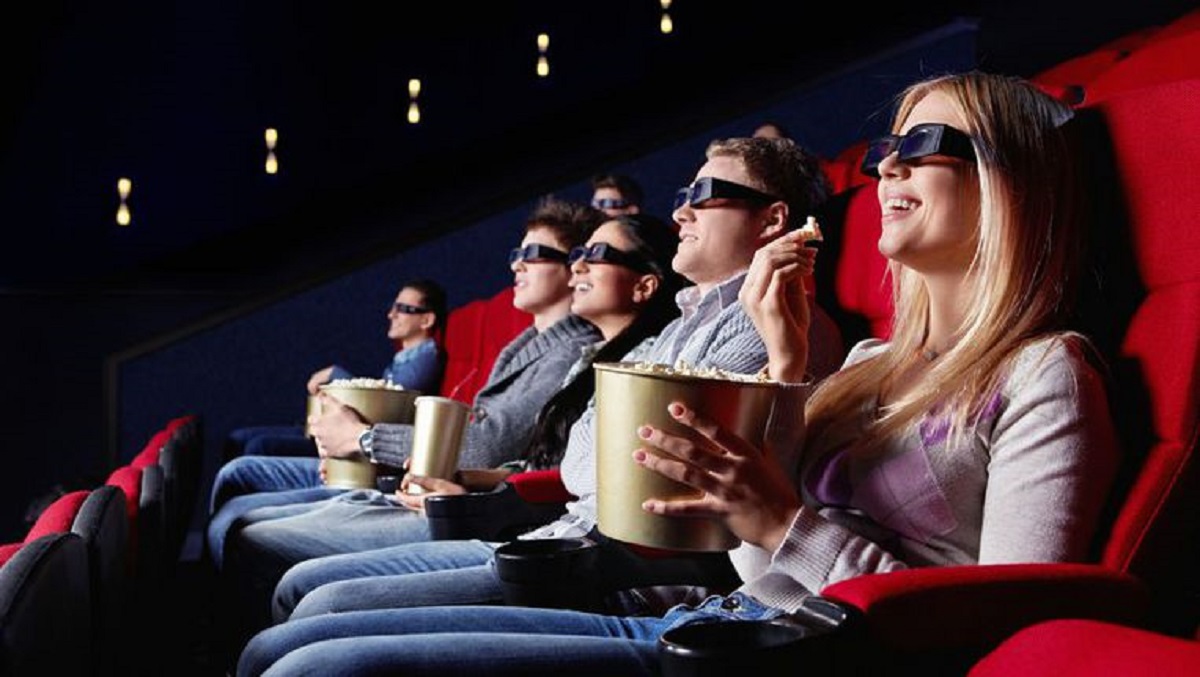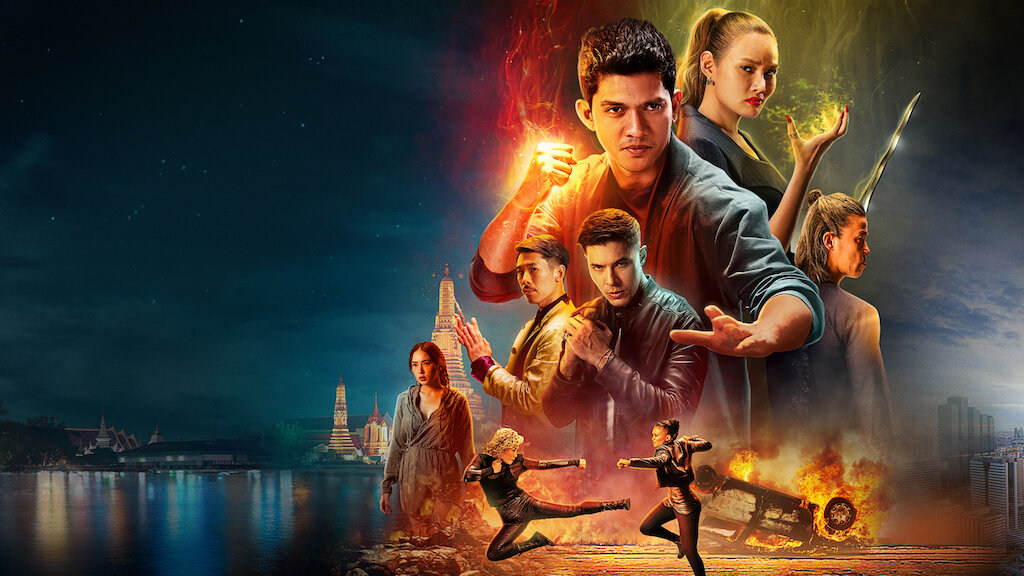Cinematic Icons: Unveiling 7 Movies That Became Legends
The world of cinema is a captivating tapestry, interwoven with threads of storytelling, cinematography, and performances that transcend time. Within this expansive landscape, certain movies have etched their indelible mark, becoming legends that continue to captivate audiences across generations. Let’s embark on a journey to unveil seven such cinematic icons that have stood the test of time.

1. “Citizen Kane” (1941): A Cinematic Masterpiece
Regarded by many as the epitome of cinematic brilliance, “Citizen Kane” is a magnum opus directed by Orson Welles. With its innovative narrative structure and groundbreaking cinematography, the film explores the complex life of newspaper magnate Charles Foster Kane. The term “rosebud,” a symbolic enigma within the movie, has become synonymous with mystery and the elusive nature of human desires.
Considered a paragon of auteur filmmaking, “Citizen Kane” revolutionized storytelling techniques, leaving an enduring impact on the cinematic lexicon.
2. “Gone with the Wind” (1939): An Epic of Grandeur
“Gone with the Wind,” directed by Victor Fleming, stands as a timeless epic that weaves a tale of love, loss, and resilience against the backdrop of the American Civil War. The film’s opulent production design and the unforgettable character of Scarlett O’Hara, played by Vivien Leigh, have solidified its place in cinematic history.
This cinematic gem is celebrated not only for its grandeur but also for its exploration of complex themes and the indomitable spirit of its protagonist.
3. “Blade Runner” (1982): A Sci-Fi Noir Masterpiece
“Blade Runner,” directed by Ridley Scott, emerged as a trailblazer in the science fiction genre. With its dystopian vision of the future and noir-inspired aesthetics, the film explores the nature of humanity and artificial intelligence. The term “replicants,” referring to bioengineered beings, has become iconic in discussions about AI ethics and the blurred lines between man and machine.
Imbued with atmospheric visuals and a thought-provoking narrative, “Blade Runner” remains a touchstone for futuristic storytelling.
4. “The Godfather” (1972): A Mafia Saga
Directed by Francis Ford Coppola, “The Godfather” is an epic crime saga that follows the powerful Corleone family. The film introduced the term “Don” into the cinematic lexicon, symbolizing the patriarchal head of a mafia clan. Marlon Brando’s portrayal of Vito Corleone and the film’s exploration of power, family, and crime have left an indelible mark on the gangster genre.
“The Godfather” remains an influential force, shaping the narrative landscape of crime dramas in cinema.
5. “2001: A Space Odyssey” (1968): Kubrick’s Cosmic Odyssey
Stanley Kubrick’s “2001: A Space Odyssey” is a visionary exploration of space, artificial intelligence, and human evolution. The film’s enigmatic monoliths and the sentient computer HAL 9000 have become synonymous with the mysteries of the cosmos. With its meticulous attention to detail and pioneering visual effects, the term “Kubrickian” now represents a distinctive style of filmmaking.
Considered a cinematic journey into the unknown, “2001: A Space Odyssey” continues to inspire filmmakers and audiences alike.
6. “Casablanca” (1942): A Classic Romance
“Casablanca,” directed by Michael Curtiz, is an enduring classic that transcends its wartime setting to explore themes of love, sacrifice, and political intrigue. The film’s iconic dialogue, including the phrase “Here’s looking at you, kid,” has become embedded in popular culture. “Casablanca” represents the epitome of classic Hollywood cinema, blending romance and political drama with timeless allure.
With its stellar cast and unforgettable screenplay, “Casablanca” remains a touchstone for cinematic romance and storytelling.
7. “Psycho” (1960): Hitchcock’s Masterstroke
Alfred Hitchcock’s “Psycho” redefined the horror genre with its suspenseful narrative and shocking plot twists. The film’s infamous shower scene, accompanied by Bernard Herrmann’s haunting score, has become an iconic moment in cinematic history. Hitchcock’s innovative use of psychological horror and the term “Hitchcockian suspense” continue to influence filmmakers exploring the darker realms of storytelling.
“Psycho” remains a testament to Hitch cock’s mastery of suspense and his ability to leave a lasting imprint on the audience’s psyche.
Conclusion: Icons in the Cinematic Pantheon
As we traverse the annals of cinema, these seven movies stand as beacons of storytelling prowess, visual innovation, and thematic depth. Each film, with its uncommon terminology and cinematic legacy, has carved a niche in the vast pantheon of cinematic icons, continuing to shape the language and artistry of filmmaking for generations to come.
For further exploration into the world of cinema and the latest in filmography, visit IMDb.
© 2024 Cinematic Chronicles. All rights reserved.





